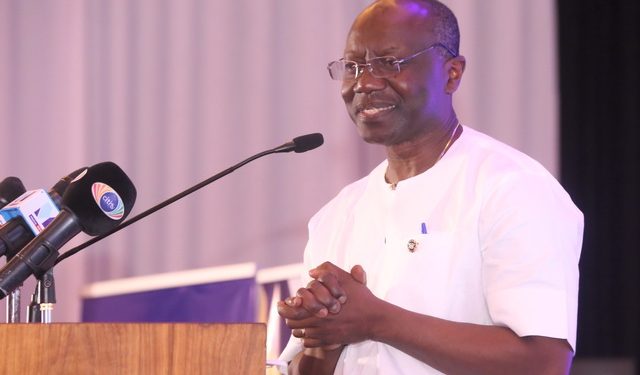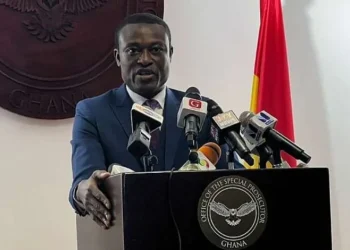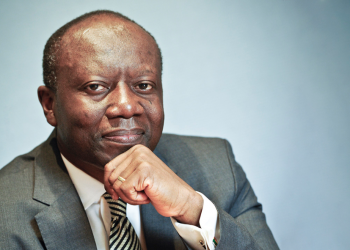The Minister of Finance, Ken Ofori-Atta, has informed the 2021 graduating class of the University of Professional Studies-Accra (UPSA) that the government’s payroll is full – making it unsustainable to keep adding to employment figures in the public sector, hence the need to create their own jobs.
According to him, the government’s role is to create the needed enabling environment, establish micro-stability and ensure that citizens have the right skill set – and that is what the government is going to do: focus on the youth and budget for their demands.
“The future for you in regard to jobs is the most important thing for you at this stage, and we have gone through a period when most people look for a job from government or state institutions, but that payroll is full.
“I can tell you that because we are spending about 60 percent of our revenue on renumerating some 650,000 people, and that is not sustainable,” he said.
The finance minister further indicated that entrepreneurship, skillset and credit are the important things needed in the mix to ensure sustainability for the youth and offer them an opportunity to create their own path to wealth.
According to the minister, education is a ladder to social mobility as well as economic and social prosperity, offering beneficiaries the opportunity to help society – adding that it is important for the graduates to acknowledge the privilege of accessing four years of tertiary education and do their best to impact society through the transformation and renewal of their minds.
Chief Executive-Ghana National Petroleum Corporation (GNPC), Dr. K.K. Sarpong, in his address at the graduation ceremony, emphasized that it is important for the graduates to acquire 21st-century skills and core competencies which will enhance their employability and advancement in career.
He emphasised that, currently, industries search for graduates who have more than a university degree, as they consider life-skills such as creativity, innovation, critical-thinking, collaboration, teamwork, communication, empathy and digital literacy, among others, as essential skills for effective individual performance.
“These life-skills underpin the abilities for adaptive and positive behaviour that aids in dealing effectively with the challenges of everyday life, particularly work. It is therefore important that graduates acquire life-skills as mentioned,” he said.
Dr. K.K. Sarpong further singled-out digital literacy and indicated that this is an era of digitisation wherein automation, artificial intelligence and the use of software has dominated the delivery of accounting and financial services, hence the need for them to equip themselves with these skills to stay relevant on the job market.
He further stated that outsourcing of functions such as procurement, payroll, taxation, pensions and benefits, recruitment and training has become a new normal under COVID-19, hence the need for them to respond swiftly to that trend.
“I encourage you to set up your own firms to tap into the growing outsourced financial and business services. Be entrepreneurial, for your training here has given you what it takes to do that,” he said.
The Vice-Chancellor of UPSA, Prof. Abednego F.O. Amartey, indicated that for the 2020/2021 cohort UPSA is graduating a total of 3,640 students – comprising 793 postgraduates, 2,054 undergraduates and 793 diploma students.
He entreated them to be worthy ambassadors of the school, exhibiting the values and tenets imbibed in them.
“As a marketer, my parting words to you are remember these four Ps – be positive, principled, proactive and productive,” he said.
source: The Business and Financial Times

















































